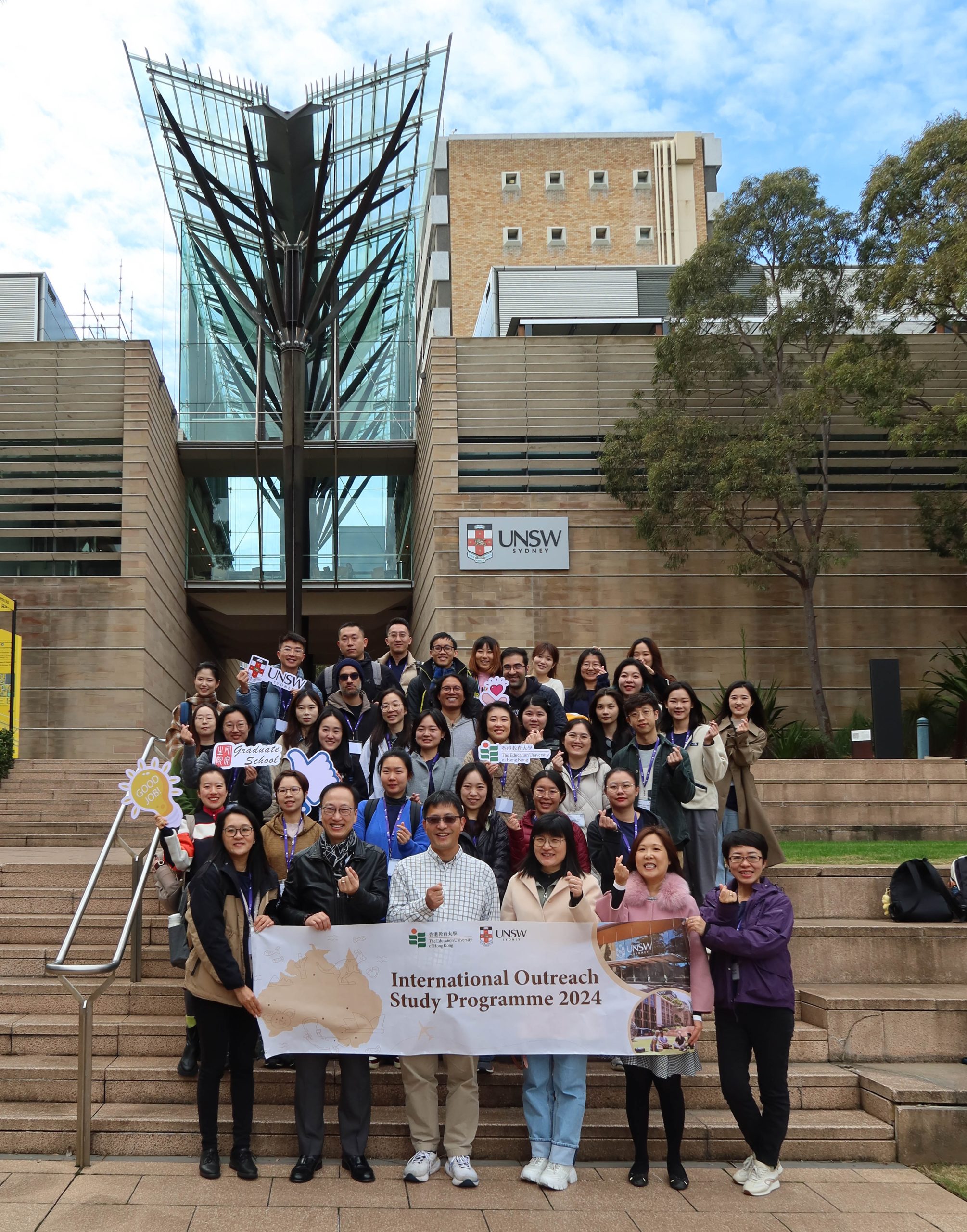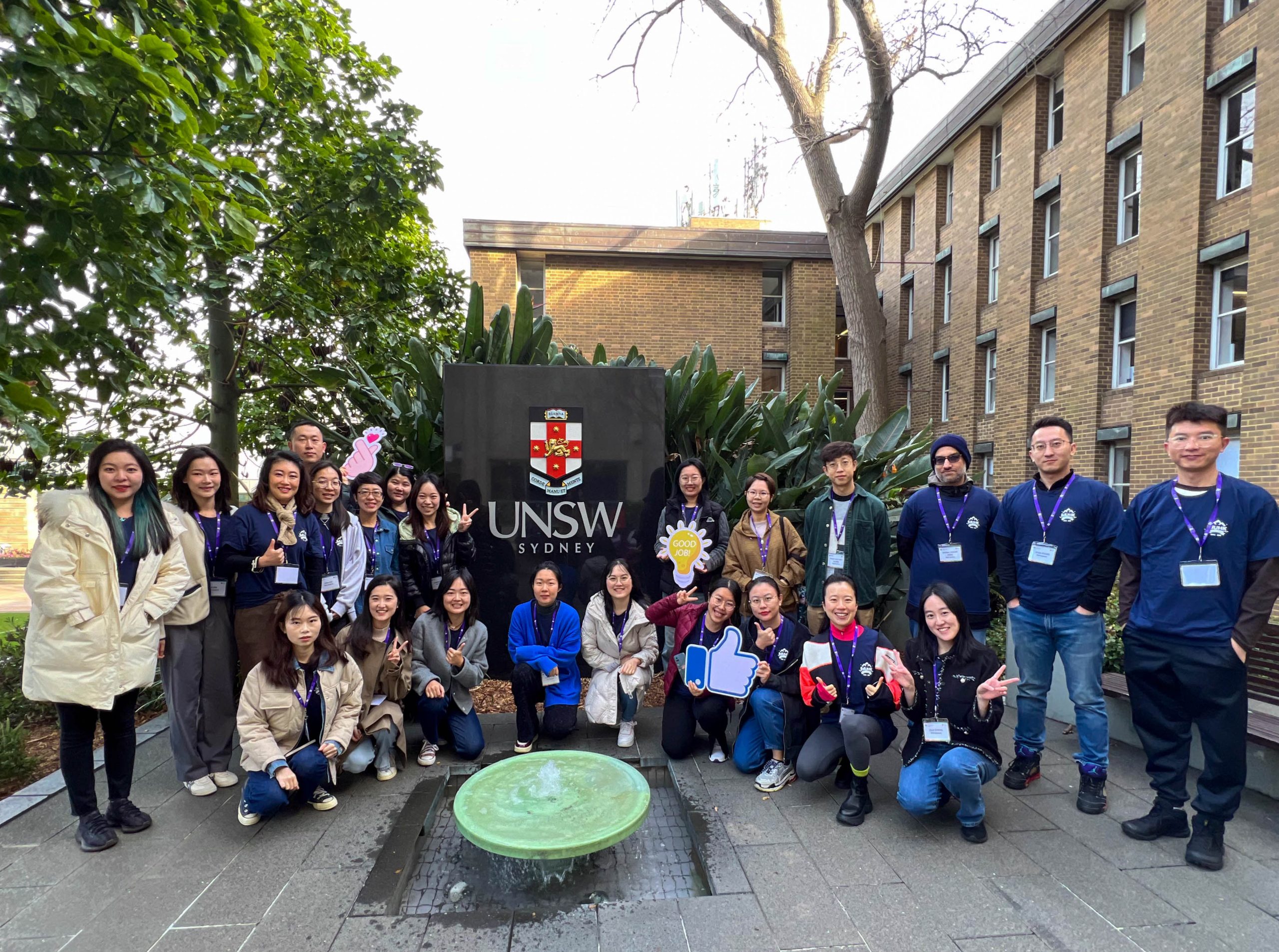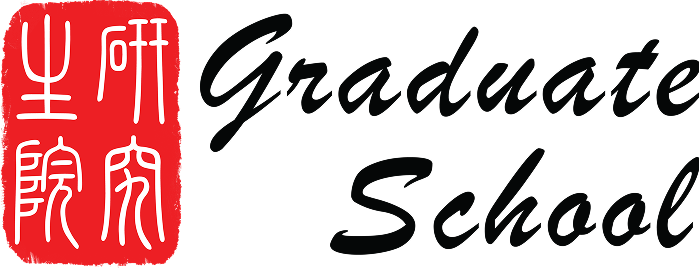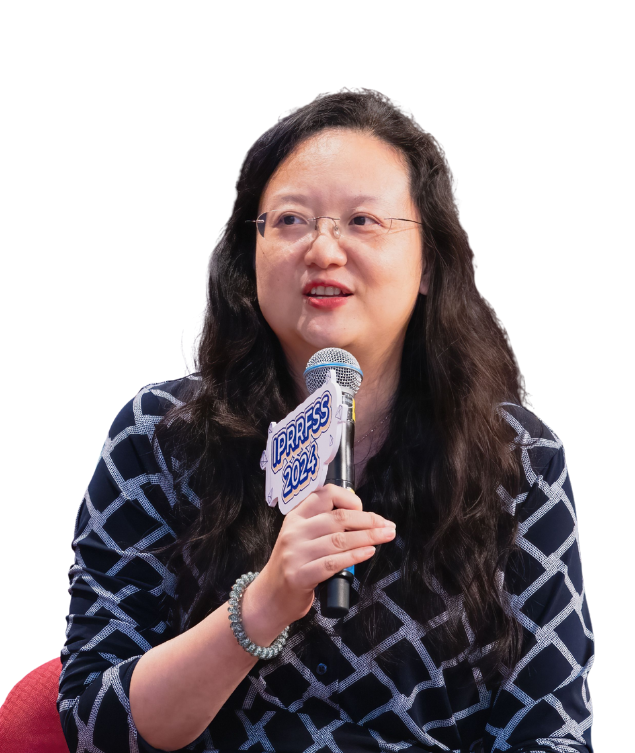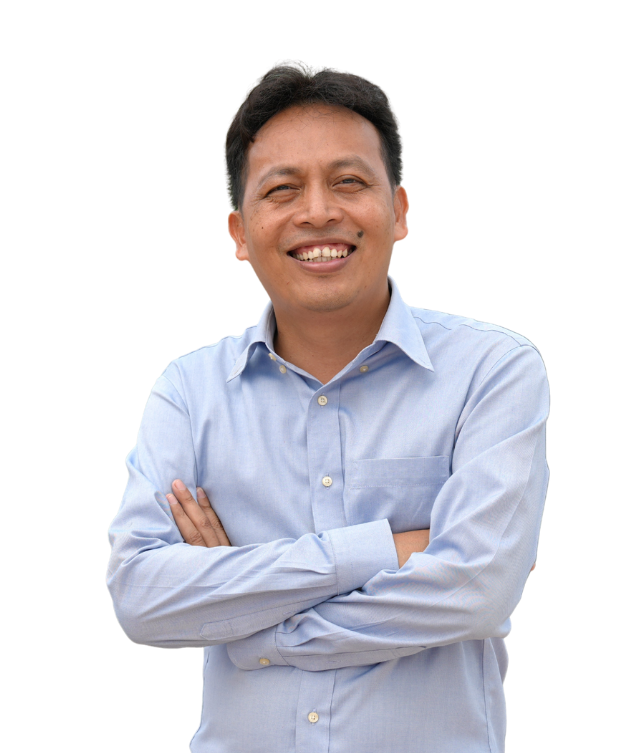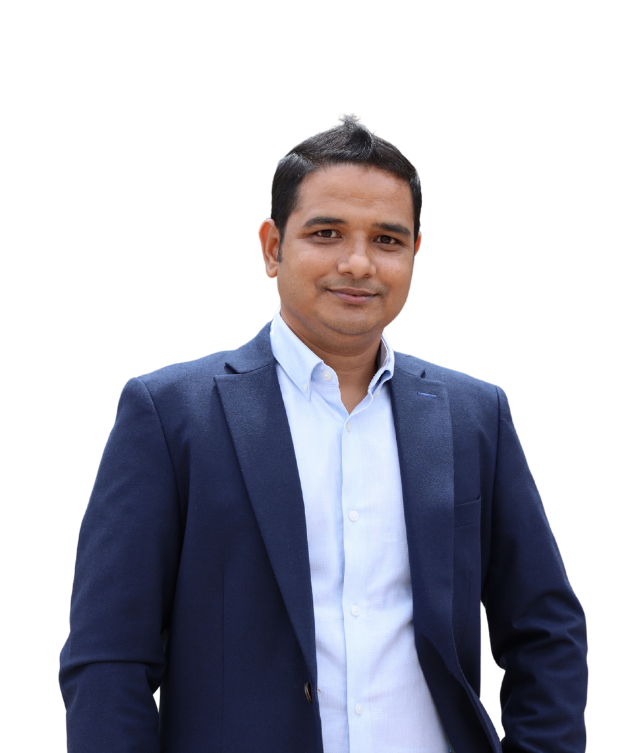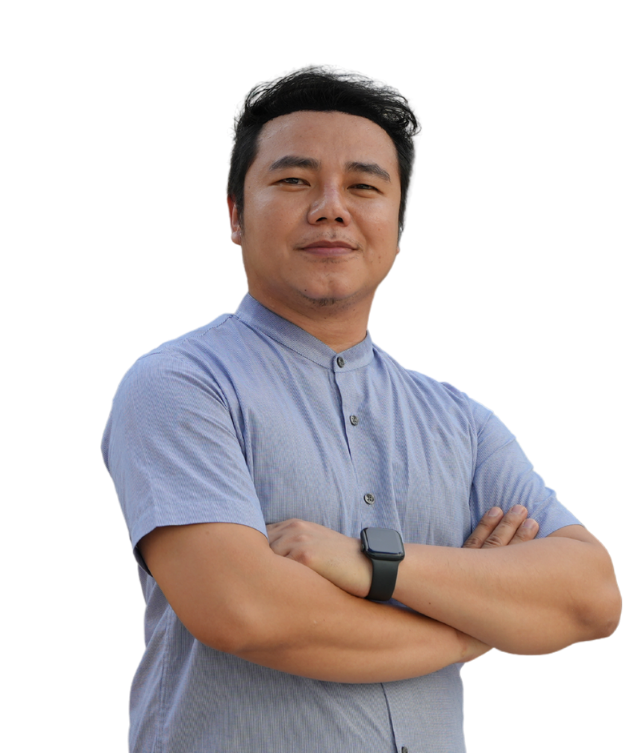Prospective Students
Doctor of Philosophy (PhD) & Master of Philosophy (MPhil)
Important Notes
- Probity Requirements: Other than the application fee, applicants are not required to pay any additional fees during the application process. Please be reminded not to offer any advantage to any EdUHK staff, officer, employee, and/or any person involved in the admission process at EdUHK in connection with any application. Otherwise, you may commit serious criminal offences under Prevention of Bribery Ordinance (Cap. 201 of the laws of The Hong Kong Special Administrative Region of the People’s Republic of China), which is punishable by imprisonment.
- EdUHK, has not collaborated with any agency in Chinese Mainland or Hong Kong on admission, and does not encourage students to entrust their applications to any third-party agents and we always contact applicants directly on updates regarding the applications. You must complete and submit your own application via the EdUHK online admissions system and provide your own personal and contact details. Please refer to the official EdUHK channels, such as programme websites and the admissions system, for the required information to complete your application.
- Applicants are also advised to read through the following important information:
- Basic knowledge about the anti-corruption laws in The Hong Kong Special Administrative Region (HKSAR): Understanding Integrity in Seconds (秒懂廉政)
- Useful Information on Anti-Scam
- The University is committed to uphold the educational quality and standard of the programmes it offers. The University, being funded by the University Grants Committee (UGC), is one of the nine self-accrediting institutions in Hong Kong, China. In addition, the quality of the educational experience in all programmes offered by the UGC-funded universities is subject to the quality assurance process administered by the Quality Assurance Council of the UGC. Individuals who wish to apply for qualification certification in Chinese Mainland after graduation should contact the Chinese Service Centre for Scholarly Exchange (CSCSE) (website: https://zwfw.cscse.edu.cn/cscse/lxfwzxwsfwdt2020/xlxwrz32/index.html) directly for updated details and confirmation. The certification in Chinese Mainland is an independent process from the conferral of academic qualification in Hong Kong by the University. For the avoidance of doubt, no warranties are given in respect of individual graduate’s qualification certification or recognition in Chinese Mainland or any other professional qualification or license outside HKSAR.
1. Programme Information and Structure
Programme Outline
Programme : Doctor of Philosophy (PhD) / Master of Philosophy (MPhil)
Programme Code : A3D054 / A4D056 / A3D057 / A4D058 / A2M053 / A2M125
Study Mode : Full-time
Programme Director : Prof GU, Ming Yue Michelle
Medium of Instruction : English
E-mail : rpg@eduhk.hk
Aims & Objectives
As a research student at the University, you will follow a programme of study under the guidance of a principal supervisor and a supervision committee. At the start of your programme you will draw up a plan for your research in consultation with your supervisor for completion of your thesis within the period of registration for the degree. Your work plan and training programme will be reviewed annually in the light of your research needs and progress.
In the first year of study, you will take the core courses, which equip you with a broad coverage of the central skills and ethical and methodological issues of research in education, social sciences, humanities, languages and linguistics, and creative arts and culture. The courses, workshops and seminars provides the opportunity for you to become part of the University’s research community. You will be able to meet and discuss your work with students and staff from different academic departments and learn more about the research taking place at the University.
MPhil Programme
The MPhil programme is designed to educate students as independent and innovative researchers who are well-prepared to pursue research degrees at the doctoral level. Graduates of the programme are expected to have attained advanced knowledge in their chosen field and professional expertise in research techniques.
PhD Programme
The PhD programme is designed for students wishing to pursue academic or research careers in diversified fields such as education, humanities, social sciences, cultural and creative arts, and science. It focuses on promoting applied research with strong relevance and advancing knowledge for professional improvement, practical innovation, and policy formulation in education and associated areas, both locally and internationally. Graduates of the programme are expected to make significant contributions to the discipline and/or profession through continued quality research and scholarly activities.
PhD and MPhil Curriculum
PhD
- 3-4 years of full-time study
- The Confirmation of Candidature is expected to be taken after 12 months of study.
MPhil
- 2 years of full-time study
- The Confirmation of Candidature is expected to be taken after 12 months of study.
- Application for upgrade from MPhil to PhD will be considered after confirmation of candidature and completion of the coursework requirements.
Programme Structure
Following the programme curriculum, students are required to take all core courses (3 credits for each course) and present their thesis or thesis proposal at the Qualifying Examination and Viva Examinations to complete the programme requirements.
Students admitted before 2025/26:
Core Courses |
Credits |
Conceptualizing Research |
3 |
Research Methods I |
3 |
Research Methods II |
3 |
Development of Research Proposal |
3 |
Students admitted in 2024/25 and thereafter:
Core Courses |
Credits |
Foundation in Research Methods* |
3 |
Advanced Course in Research Methods |
3 |
Advanced Theories of Specific Disciplines |
3 |
Research/Professional Development for Research Students |
3 |
1 to 2* Specialised Courses and/or Special Topics in the Primary Discipline |
3 |
Participation in Research Seminars |
0 |
Total: |
15 |
*Students who opt out of the ‘Foundation course in research methods’ should take two specialised courses and/or special topics in the primary discipline.
Classes in the same or different semester(s) may be scheduled on weekday daytime/evenings, weekends and/or during long holidays at the Tai Po Campus / Tseung Kwan O Study Centre / North Point Study Centre / Kowloon Tong Satellite Study Centre and/or other locations as decided by the University.
#Any aspect of the courses and course offerings (including, without limitation, the contents of the course and the manner in which the course is taught) may be subject to change at any time at the sole discretion of the University if necessary. Without limiting the generality of the University’s discretion to revise the courses and course offerings, it is envisaged that changes may be required due to factors including staffing, enrolment levels, logistical arrangements, curriculum changes, and other factors caused by change of circumstances. Tuition fees, once paid, are non-refundable.
Admission Requirements
General Requirements
PhD
A Master’s degree (or equivalent qualification) from a recognised university; or a Bachelor’s degree with first class honours (or equivalent qualification) from a recognised university.
MPhil
A Bachelor’s degree (or equivalent qualification) from a recognised university.
English Language Requirements*
Applicants with a Bachelor’s or Master’s degree at a university where the programme was not taught and assessed in English are normally required to demonstrate competency through one of the following minimum requirements:
- IELTS score of 6.5 (academic module) with no subtest lower than 6.0#; or
- TOEFL score of 80 (internet-based test); or
- Other equivalent qualifications.^
(The result of IELTS/TOEFL provided should be within two years.)
*Individual fields of study such as the English language may have higher requirements.
#Applicable to the 2016/17 cohort and onwards.
^The College English Test (CET) is not accepted as an equivalent qualification.
Non-local Applicants
- We welcome applications from local and non-local applicants. Starting from the 2019/20 intake cohort, a new definition of non-local students is adopted in accordance with the HKSAR Government policy. Click here to check the definition of “non-local applicants”.
- If you are required to obtain a student visa/entry permit issued by the Director of Immigration in order to study in Hong Kong, you are regarded as a non-local applicant (subject to confirmation from the Hong Kong Immigration Department). Indication of residence status does not form a criterion for selection.
- Non-local applicants are advised to apply as early as possible as it often takes considerable time for the Hong Kong Immigration Department to process your visa applications.
- Applicants who obtained degrees from universities in Chinese Mainland are required to provide Degree verification report (學位在線驗證報告) and Graduation verification report (學歷證書電子註冊備案表) issued by the CHSI (學信網).
Fees
Fees for 2025/26: |
UGC-funded Students |
Self-financed Students |
Tuition Fee |
HK$44,500/annum |
HK$89,000/annum |
Extension Fee |
HK$16,800/annum |
HK$33,600/annum |
Tuition and Extension Fees are provisional and subject to adjustment. Tuition and Extension fees paid are normally not refundable or transferable.
Extension fees will be charged to students who have to extend their studies beyond the normal study period.
For more information on the Tuition Waiver Scheme for Local Students enrolled in full-time UGC-funded RPg programmes, please refer to: http://www.ugc.edu.hk/eng/rgc/funding_opport/tws.html
2. Admission
3. Programme Highlights
Overseas Learning Experience
International Outreach Study Programme
The International Outreach Study Programme (IOSP) organised by the Graduate School aims to provide research postgraduate students with opportunities to widen their academic horizons and enhance their global awareness. Through IOSP, students have the chance to enhance their research and generic skills through participation in seminars and workshops in overseas partner universities, interact with scholars and postgraduate students, share their study/research experiences, and build academic networks. Since 2012, the Graduate School has organised student visits to prestigious universities in the United States, Australia, Russia, New Zealand, Finland, Japan, France, Germany, the United Kingdom, Norway, Sweden, Korea, Singapore, etc.
